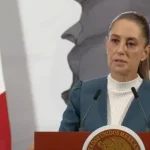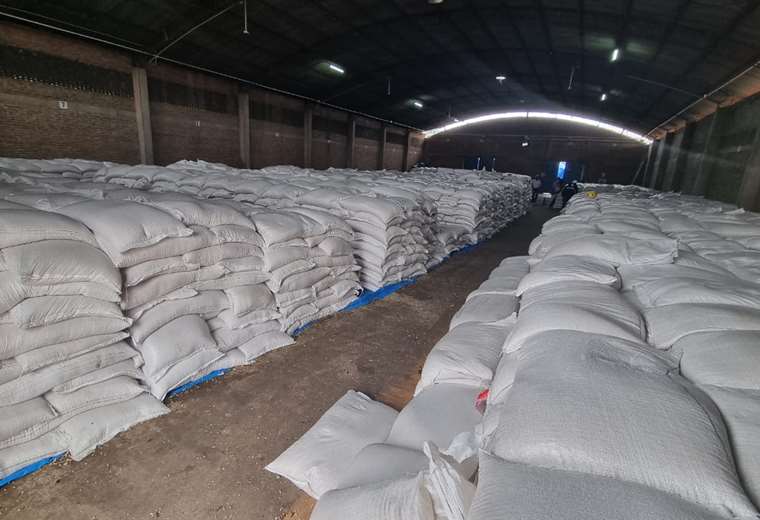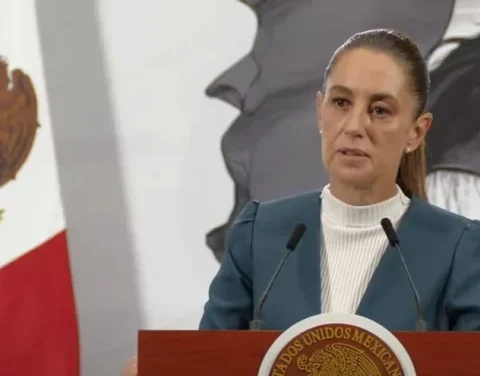The Secretary of Agriculture, Livestock and Fisheries, John Joseph Bahilloled this Tuesday the first meeting between technicians from the national portfolio and the entities that make up the Link Table to “respond” to the “priority” issues scheduled with the sector.
Technical staff from Argentine Rural Confederations (CRA), Argentine Agrarian Federation (FAA), Argentine Rural Society (SRA) and Coninagro met at the headquarters of the Secretariat, 96 hours after what was the first meeting of the Minister of Economy, Sergio Massa, with the heads of the entities.
As detailed by the national official, the technical meeting will work on issues that were discussed during last week’s meeting in Escobar, in which Massa participated, especially five that were defined as “priority.”
“With the conviction of quickly carry out the answers that we can give to the sector so that it can develop its full potential, in less than 96 hours we summoned the technicians to advance on these issues that were raised,” said Bahillo.
The Secretary @JuanjoBahillo and its technical teams received those from the Liaison Table, with the aim of generating consensus and finding quick solutions to the problems raised by the entities in the meeting held with the minister @SergioMassa. pic.twitter.com/cTXOxLKs0S
— Ministry of Agriculture, Livestock and Fisheries (@AgriculturaAR) August 16, 2022
Those priority issues fall on a greater opening of beef exports and issues related to the instrument launched by the Central Bank (BCRA) called soybean dollarwhich seeks to speed up the liquidation of the oilseed harvest.
The biofuels sector, regional economies and fertilizers are also part of the agenda for the new thick campaign.
In any case, Bahillo indicated that these issues are not “exclusive” and “does not invalidate” adding more issues to be discussed between both parties and asserted: “If we let ourselves be helped, we will surely make better decisions.”

One of the points that most interests the national government is related to the “soybean dollar.”
This instrument launched by the BCRA at the end of July allowed farmers to market their production until August 31 and access 30% to dollars at official or “solidarity” value and the remaining 70% to deposit it in a fixed term tied to the US currency quote.
During last week’s meeting, the Liaison Table raised the difficulties of producers in accessing this scheme, for which Bahillo said that “an improvement in the implementation of this issue is being evaluated.

“It is a job that has to be done together with the BCRA and the Ministry of Economy. Our responsibility is generate the conditions for producers to liquidate the soy they have. Our economy is in need of reserves, but our responsibility is to generate attractive situations for liquidation,” she added.
The Secretary asserted that it is advance in “policies to recover the confidencesince the macroeconomic instability registered during some weeks of July allow us to understand that they did not generate the right conditions”.
“Fortunately, it is being left behind and There has been economic stability for three weeks and predictability is beginning to recover, so we understand that better conditions are being generated”argued Bahillo in his dialogue with the press.
Beyond the details on the instruments with which progress can be made in this and possible future meetings, the secretary ratified that the ban on the export of the seven cuts of meat that are in high demand for the local consumer remains in force, “what which does not prevent us from starting to increase the quota per month ” until today in force.
He also reiterated that the balance volumes in corn and wheat continue and the implementation of the Plan Ganar will continue.

This Tuesday’s meeting is part of “the work tables” agreed upon in the dialogue on Friday, aimed at “advancing the agreements and consensus” and the idea is, based on these understandings, to take those measures and implement them, to respond to these sectors and so that they can develop their full productive potential.
In this context, Bahillo stressed that it is in the Government’s interest that “quickly provide answers and generate the conditions, since these productive sectors are very important, not only because of what they mean for the economy in its economic movement because of the dynamism that they give to it in the generation of foreign currency, which is so important for our country, but also for everything they mean for economic life in the interior of the country”.


















